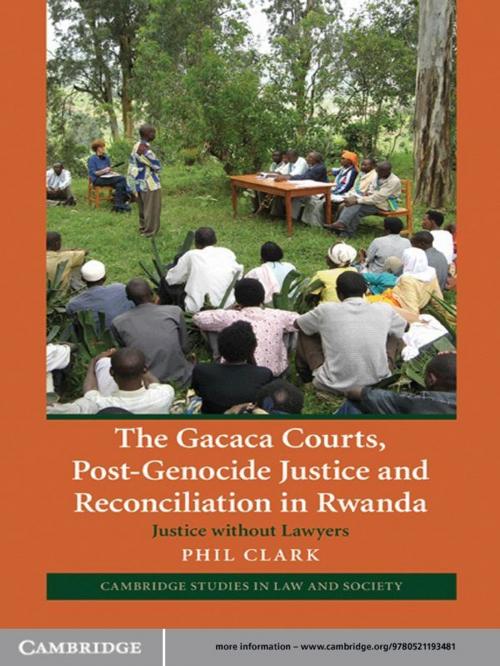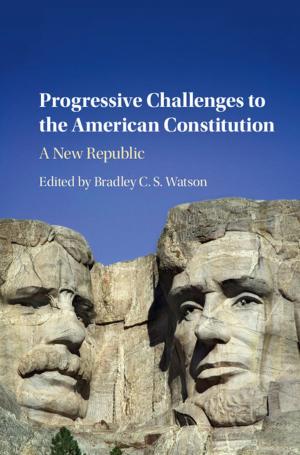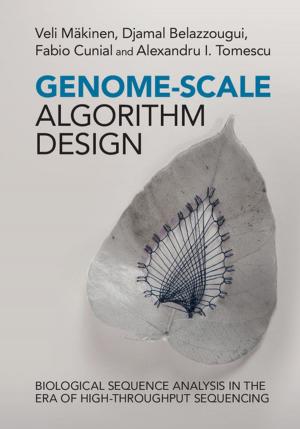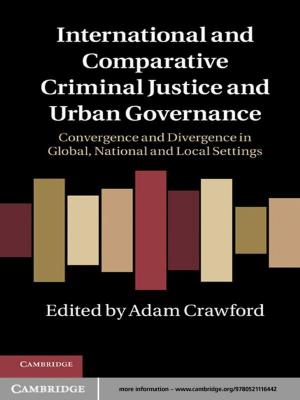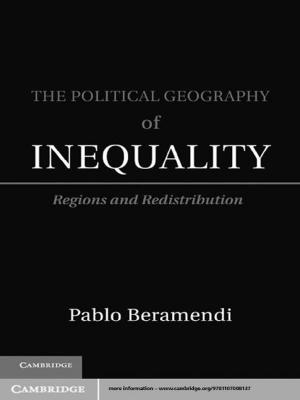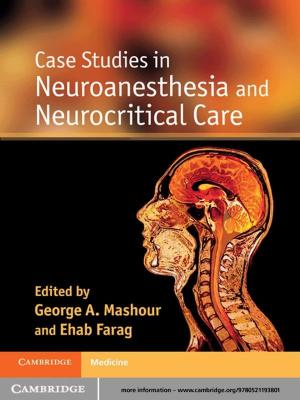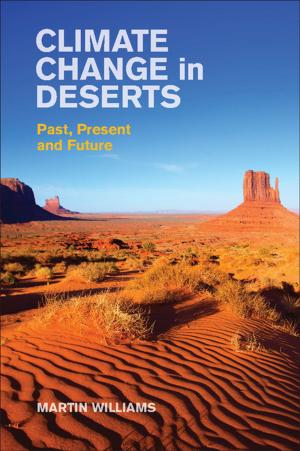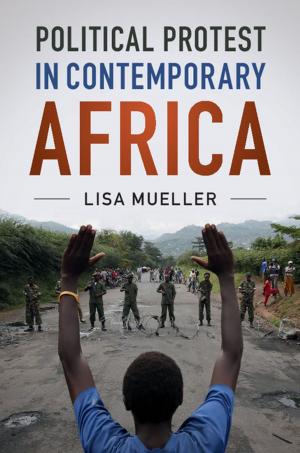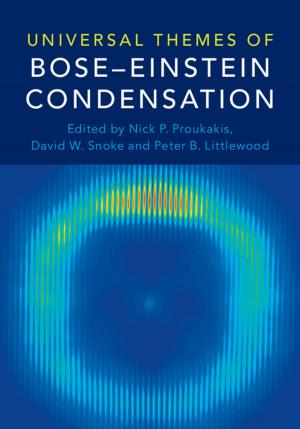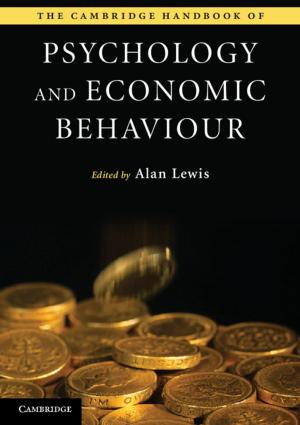The Gacaca Courts, Post-Genocide Justice and Reconciliation in Rwanda
Justice without Lawyers
Nonfiction, Reference & Language, Law, Social & Cultural Studies, Political Science, History| Author: | Phil Clark | ISBN: | 9780511852541 |
| Publisher: | Cambridge University Press | Publication: | September 9, 2010 |
| Imprint: | Cambridge University Press | Language: | English |
| Author: | Phil Clark |
| ISBN: | 9780511852541 |
| Publisher: | Cambridge University Press |
| Publication: | September 9, 2010 |
| Imprint: | Cambridge University Press |
| Language: | English |
Since 2001, the Gacaca community courts have been the centrepiece of Rwanda's justice and reconciliation programme. Nearly every adult Rwandan has participated in the trials, principally by providing eyewitness testimony concerning genocide crimes. Lawyers are banned from any official involvement, an issue that has generated sustained criticism from human rights organisations and international scepticism regarding Gacaca's efficacy. Drawing on more than six years of fieldwork in Rwanda and nearly five hundred interviews with participants in trials, this in-depth ethnographic investigation of a complex transitional justice institution explores the ways in which Rwandans interpret Gacaca. Its conclusions provide indispensable insight into post-genocide justice and reconciliation, as well as the population's views on the future of Rwanda itself.
Since 2001, the Gacaca community courts have been the centrepiece of Rwanda's justice and reconciliation programme. Nearly every adult Rwandan has participated in the trials, principally by providing eyewitness testimony concerning genocide crimes. Lawyers are banned from any official involvement, an issue that has generated sustained criticism from human rights organisations and international scepticism regarding Gacaca's efficacy. Drawing on more than six years of fieldwork in Rwanda and nearly five hundred interviews with participants in trials, this in-depth ethnographic investigation of a complex transitional justice institution explores the ways in which Rwandans interpret Gacaca. Its conclusions provide indispensable insight into post-genocide justice and reconciliation, as well as the population's views on the future of Rwanda itself.
